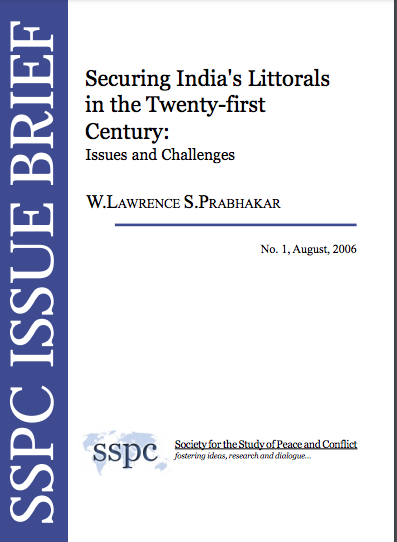Securing India's Littorals in the Twenty-first Century: Issues and Challenges

The twenty-first century marked paradigm shifts in the changing world order. The end of the Cold War, end of the global bipolar power rivalry; onset of globalization with the resultant change in economic development, commerce, and trade, advancement in information and communications technologies, transportation, etc. obliterated the geopolitical boundaries of the nation-state. Unfortunately, the spread of Asymmetric Conflict has emerged as the defining paradigm in the changing contour of politics, economics, military strategy and technology.
The challenge of the littorals has its serious implications for maritime trade and commerce that is critically dependent for port access and transfer. Littorals present both promises and challenges. While the burgeoning globalized maritime trade has its port access to the littorals, there is also the increasing virulence of asymmetric threats of piracy, maritime terrorism, narcotics trade, illegal clandestine transfer of weapons of mass destruction by sea, small arms and light weapons proliferation and trafficking by sea from the littorals. The fact is that the asymmetric threats at sea are sourced from the littorals. If the asymmetric threats are tackled efficiently in the littorals, then the prevalence and the persistence of the threats at sea could be minimized. As these threats are sourced from the littorals the significance of the littorals as the bastion of maritime asymmetric threats needs critical analysis.
Download Issue Brief